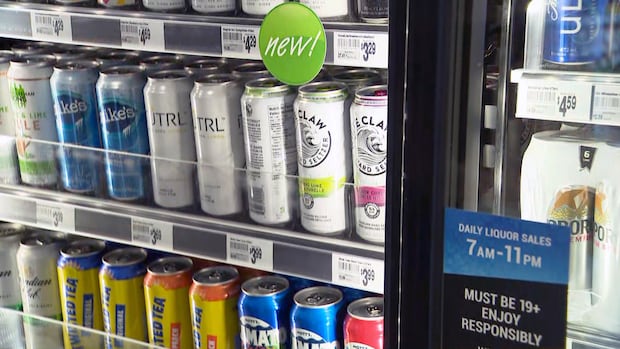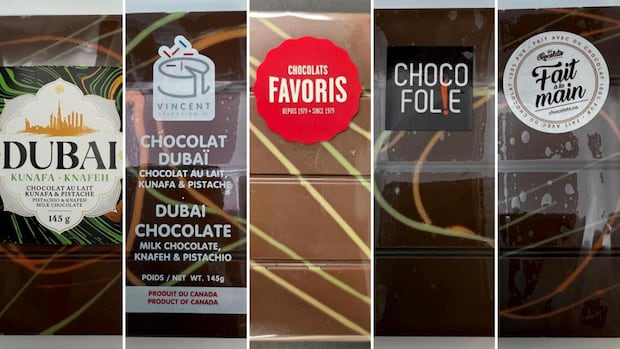[published_date]
Ontario alcohol producers are pressuring the Ford government not to allow supermarket chains to sell their own private-label wine and beer, saying it would hurt local businesses.
In a letter to the premier obtained by CBC Toronto, several industry groups asked that the province “conclude its current consultation” and “shelve this concept.”
Should private-label booze products be allowed, the group — which said it represents “nearly all small-and medium-sized independent alcohol producers and retailers operating in Ontario” — argues it will be put at an unfair advantage.
“Small, independent producers and retailers cannot compete with the scale and buying power of large chains, able to push their own branded products and dominate shelf space,” the group said in the letter.
Dated July 22, the letter was signed by the heads of seven industry groups: Beer Canada, Spirits Canada, Wine Growers Ontario, Ontario Craft Wineries, the Ontario Craft Cider Association, the Ontario Convenience Store Association and the Canadian Federation of Independent Grocers.
The letter also warns that allowing store-brand alcohol sales would “have damaging, long-term consequences for Ontario’s economy, jobs, and communities.”
Private label adds competition: retail council
Premier Doug Ford and his government recently expanded the province’s alcohol market, allowing beer, wine and coolers to be sold in grocery and convenience stores.
As the province consults with the industry about making further changes to Ontario’s rules on booze sales, big box stores and large grocers recently began lobbying for the province to end its current ban preventing them from selling their own alcohol brands in their stores.
Convenience stores across Ontario can now sell beer, wine and pre-mixed drinks as the province loosens alcohol sales restrictions. Hard liquor sales are still limited to LCBO locations and outlets.
Costco, for example, already offers several types of wine and spirits produced by its Kirkland Signature brand, but they’re not sold in Ontario.
The Retail Council of Canada, which represents all the large supermarket and big-box chains including Costco, Loblaws, Walmart and Sobeys, told CBC News in an email in June: “Private label increases competition, lowering prices for customers, because brewers and vineyards need to indirectly compete with the lower retail prices of private label brands.”
Gary Sands, a senior vice-president with the Canadian Federation of Independent Grocers, said it would be “impossible” for small grocers to pivot and develop their own store-brand products.
“There’s just no way we’ll be able to compete on price,” he said in an interview, adding craft wine and beer producers will be similarly affected.
“They know they’ll end up getting blown out of the water, too.”
Province says no changes coming this year
Asked about the province’s alcohol sale plans, a spokesperson for Ontario Finance Minister Peter Bethlenfalvy sent a statement from 2024 saying the government would continue to bar the sale of private-label booze “until at least 2026 to provide [a] level playing field for small and medium-size producers and provide ample choice for Ontario consumers.”
“The government will continue to consult with other market participants on the issue, including considering the appropriate guardrails if government introduces private label products,” Colin Blachar said in the statement.
Joe Aversa, an associate professor at the Ted Rogers School of Management who researches retail management, says smaller alcohol producers have reason to be concerned.
“There’s a major economic impact when it comes to lower prices. Private label tends to undercut name brands by 20 to 30 per cent, if not more,” he said in an interview.
“It’s going to be hard for [smaller producers] to stay competitive in the market, especially if you’re talking about a cheaper product that is now going to be available.”
On the flip side, Aversa says allowing private-label alcohol sales would give consumers cheaper options and could drive competition with the industry by creating “pressure to improve” for other producers and retailers.



